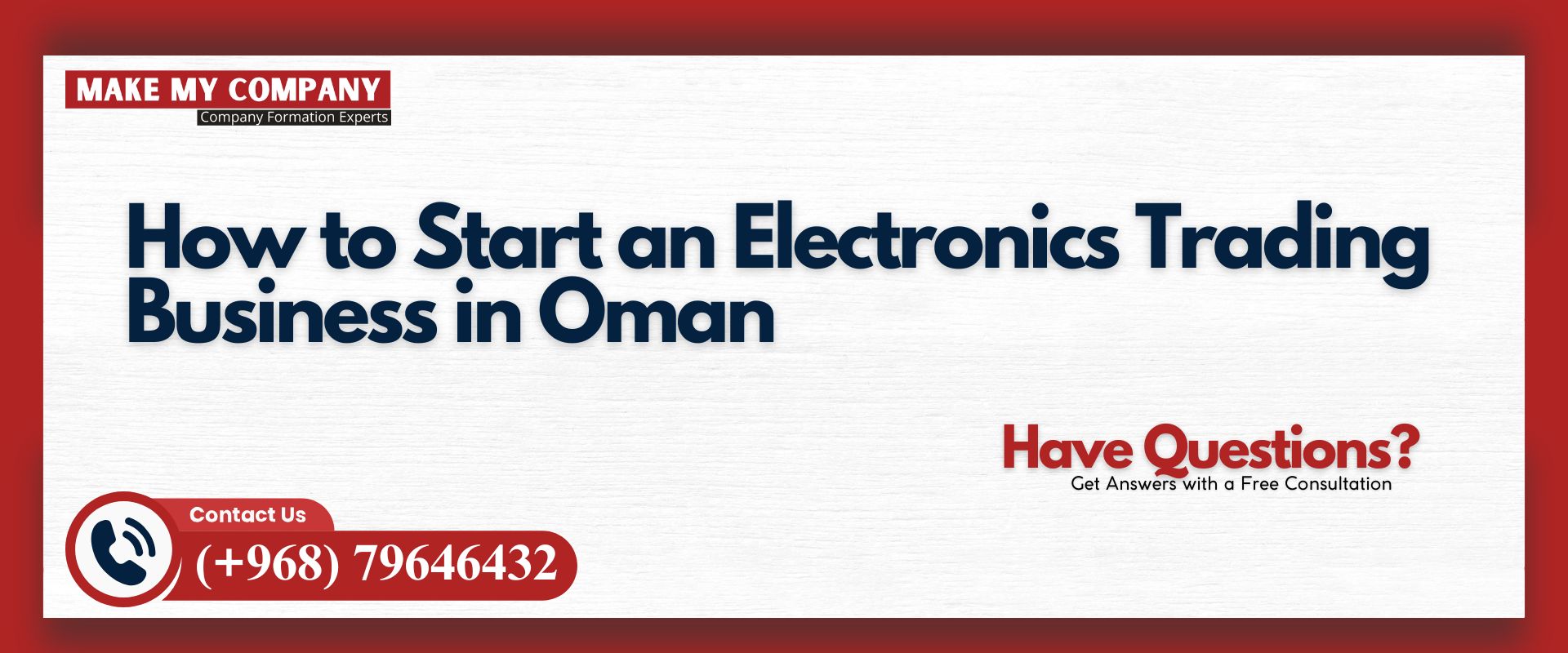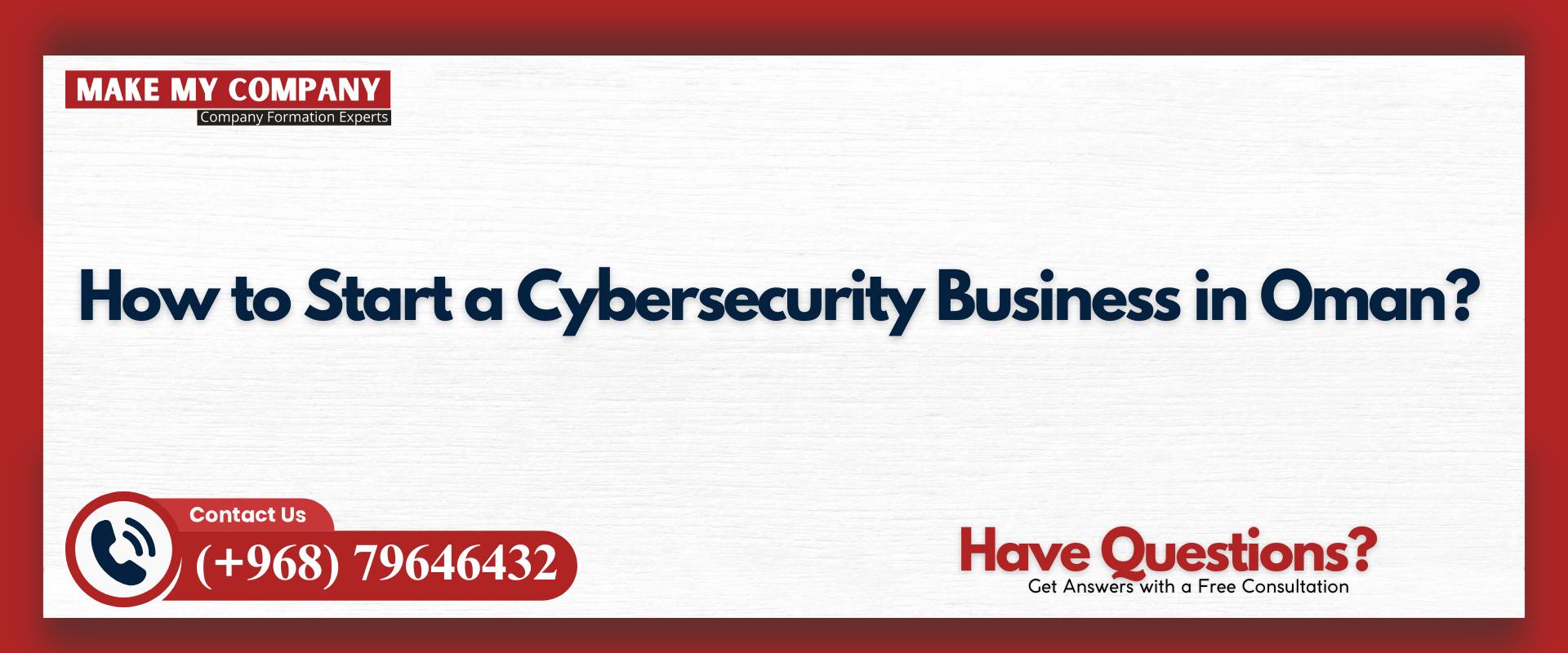Oman’s growing economy, strategic location, and business-friendly reforms have made it a prime destination for entrepreneurs. Among the most promising industries is the electronics trading business in Oman. From smartphones and home appliances to IT hardware and consumer electronics, demand is steadily increasing across Muscat, Sohar, Salalah, and other regions.
Starting a trading business in electronics requires understanding local regulations, obtaining the right licenses, and building strong supplier networks. This guide explains in detail how to establish your business, the required documents, benefits, legal considerations, and costs.
Table of Contents
What is an Electronics Trading Business?
An electronics trading business involves importing, distributing, and selling electrical and electronic goods. It may include consumer electronics (TVs, laptops, phones), household appliances, spare parts, or specialized equipment for industrial use.
Key Segments in Electronics Trading
- Consumer electronics – smartphones, tablets, laptops, and wearables
- Home appliances – refrigerators, washing machines, kitchen appliances
- IT hardware – printers, servers, routers, and networking equipment
- Industrial electronics – automation equipment, tools, spare parts
Understanding your niche helps in creating a focused business plan and choosing the right license structure in Oman.
Why Choose Oman for Electronics Trading?
Oman’s market provides several advantages for electronics traders.
Strategic Location
Oman’s ports and free zones connect Asia, Africa, and the Middle East, offering an ideal hub for import and export businesses.
Business-Friendly Policies
Government initiatives such as Vision 2040 encourage foreign investment, making electronics trading in Oman highly attractive.
Growing Consumer Market
Rising urbanization and technology adoption have increased the demand for smartphones, gadgets, and smart home products.
Tax Benefits
Zero personal income tax and competitive corporate tax rates support higher profitability.
Legal Requirements for Electronics Trading in Oman
To start an electronics trading company in Oman, entrepreneurs must meet specific licensing and registration requirements.
Trade License
You need a commercial trade license issued by the Ministry of Commerce, Industry, and Investment Promotion (MOCIIP).
Chamber of Commerce Registration
Every company must register with the Oman Chamber of Commerce and Industry (OCCI).
Municipality Approval
Approval from the local municipality is required for office or retail premises.
Import Permits
If you plan to import goods, customs and port authority approvals are necessary.
Steps to Start an Electronics Trading Business in Oman
Starting an electronics trading business in Oman involves creating a business plan, registering your company, reserving a trade name, obtaining a license, and registering with customs. Once licensed, entrepreneurs can set up offices or warehouses, hire staff, and establish supply chains for importing and distributing electronics efficiently.
Step 1: Business Plan Development
Outline your target market, investment, supplier network, and sales strategy.
Step 2: Choose Business Structure
Most electronics companies in Oman register as Limited Liability Companies (LLC) or through Free Zones for trading benefits.
Step 3: Trade Name Reservation
Register a unique business name with MOCIIP that reflects your trading activities.
Step 4: Submit Documents
Provide passport copies, shareholder details, a Memorandum of Association (MOA), and tenancy contracts for office space.
Step 5: Obtain Trade License
Once approved, you will receive your electronics trading license.
Step 6: Import and Distribution Setup
Register with customs for import permits and build supply chain networks.
Required Documents for Electronics Trading License in Oman
To obtain an electronics trading license, investors must submit passport copies of shareholders, a Memorandum of Association, trade name certificate, tenancy contracts, and photographs. Additional requirements include VAT registration, import/export approvals, and municipality clearance. Complete, accurate documentation ensures faster license processing and smooth registration with Omani authorities.
For Shareholders and Directors
- Passport copies
- Visa or resident card (if applicable)
- Recent photographs
For the Company
- Memorandum of Association (MOA)
- Tenancy agreement for office/warehouse
- Trade name reservation certificate
Compliance Documents
- VAT registration (if turnover exceeds threshold)
- Import/export registration (for trading activities)
Foreign Ownership Rules in Oman
The Omani government allows 100% foreign ownership in many sectors, including trading, under the Foreign Capital Investment Law. Investors can either:
- Open a fully foreign-owned company in a Free Zone
- Form an LLC with local Omani partners for mainland operations
Cost of Starting an Electronics Trading Business in Oman
The cost of starting an electronics business depends on scale, location, and licensing. Initial investment ranges from OMR 10,000 upwards, covering trade license fees, office rent, municipality approvals, staff visas, and import permits. Free zone setups may cost less, while larger enterprises require higher operational budgets for expansion.
License and Registration Fees
- Trade license: OMR 1,000 – OMR 3,000 (varies by activity and size)
- Chamber of Commerce registration: OMR 150 – OMR 1,000
- Municipality fees: OMR 500 – OMR 1,500
Setup and Operational Costs
- Office/warehouse rent: OMR 3,000 – OMR 10,000 annually
- Import permits/customs duties: 5% on average
- Staff visas: OMR 300 – OMR 500 per visa
Total investment for a small electronics trading business typically starts from OMR 10,000 and scales higher depending on size.
Benefits of Starting an Electronics Trading Company in Oman
Oman offers several benefits for electronics traders, including a strategic location, zero personal income tax, and access to GCC markets. Growing consumer demand for electronics and support for e-commerce further boosts opportunities. With strong infrastructure and government reforms, electronics trading in Oman promises sustainable growth and profitability.
Access to GCC Markets
Electronics businesses in Oman can easily expand into GCC countries.
Tax-Friendly Environment
No personal income tax and competitive VAT rates.
Growing E-Commerce Sector
With digital adoption rising, electronics traders can expand into online trading platforms.
Government Support
Oman’s Vision 2040 supports diversification in trade, logistics, and technology.
Challenges of Electronics Trading in Oman
Electronics traders in Oman face challenges such as strict import regulations, customs documentation, and competition from established companies. Global supply chain disruptions and fluctuating demand also affect pricing and availability. Overcoming these challenges requires strong supplier networks, efficient logistics, and compliance with Omani laws to ensure sustainable operations.
Competition
High demand also means strong competition from established players.
Import Regulations
Strict customs documentation is required for imports.
Market Fluctuations
Electronics markets are sensitive to global supply chain issues.
How to Market Your Electronics Trading Business in Oman
Marketing electronics in Oman requires a mix of online and offline strategies. Retail showrooms, distributorships, and trade fairs attract local buyers, while SEO, PPC campaigns, and social media expand reach digitally. Building partnerships with e-commerce platforms and offering after-sales services improve visibility, customer loyalty, and long-term business success.
Offline Marketing
- Retail showrooms in Muscat, Sohar, and Salalah
- Distributorships with small retailers
- Participation in trade fairs and expos
Online Marketing
- Launch e-commerce platforms
- Digital marketing via SEO, PPC, and social media
- Partnerships with e-marketplaces
Technology Trends Impacting Electronics Trading in Oman
Electronics trading in Oman is influenced by global tech trends, including demand for smart devices, renewable energy equipment, and artificial intelligence-driven electronics. Consumers seek IoT-enabled gadgets and green technologies. Traders who adopt these innovations early can capture larger market share and remain competitive in the evolving electronics industry.
Smart Devices
Increased demand for IoT and smart home electronics.
Renewable Energy Electronics
Rising demand for solar panels, inverters, and green technology equipment.
Artificial Intelligence Integration
AI-based electronics such as smart assistants and robotics are gaining traction.
How to Grow Your Electronics Trading Business in Oman
To expand, electronics traders in Oman should strengthen supplier partnerships, diversify product offerings, and explore free zone opportunities. Embracing digital platforms and e-commerce increases sales potential. Continuous market research, efficient logistics, and focusing on customer satisfaction are key to scaling operations and achieving long-term growth in Oman.
Build Supplier Networks
Partner with international manufacturers for cost efficiency.
Expand to Free Zones
Free zones like Sohar, Salalah, and Duqm provide import/export advantages.
Adopt Digital Platforms
Invest in e-commerce and mobile apps to reach wider markets.
Conclusion
Starting an electronics trading business in Oman is a promising opportunity for local and foreign investors. With the right license, compliance, and strategic planning, entrepreneurs can tap into Oman’s growing consumer demand, strong logistics infrastructure, and business-friendly reforms. For long-term success, focus on compliance, innovation, and adaptability. Choosing the right approach to Business Setup in Oman ensures profitability and sustainability in this thriving market.
FAQs
How to start an electronics trading business in Oman?
Register your company, obtain a trade license from MOCIIP, register with the Chamber of Commerce, and secure import permits.
What are the costs to open an electronics trading company in Oman?
Initial costs range from OMR 10,000 upwards, depending on license type, office rent, staff, and operations.
Can foreigners own electronics trading businesses in Oman?
Yes. Under the Foreign Capital Investment Law, foreigners can own 100% of trading companies, especially in Free Zones.
What documents are required for electronics trading in Oman?
Passport copies, shareholder details, MOA, tenancy agreements, trade name certificate, and import registration.
Is electronics trading profitable in Oman?
Yes. With rising consumer demand, growing e-commerce, and Oman’s strategic position, electronics trading is a profitable venture.









